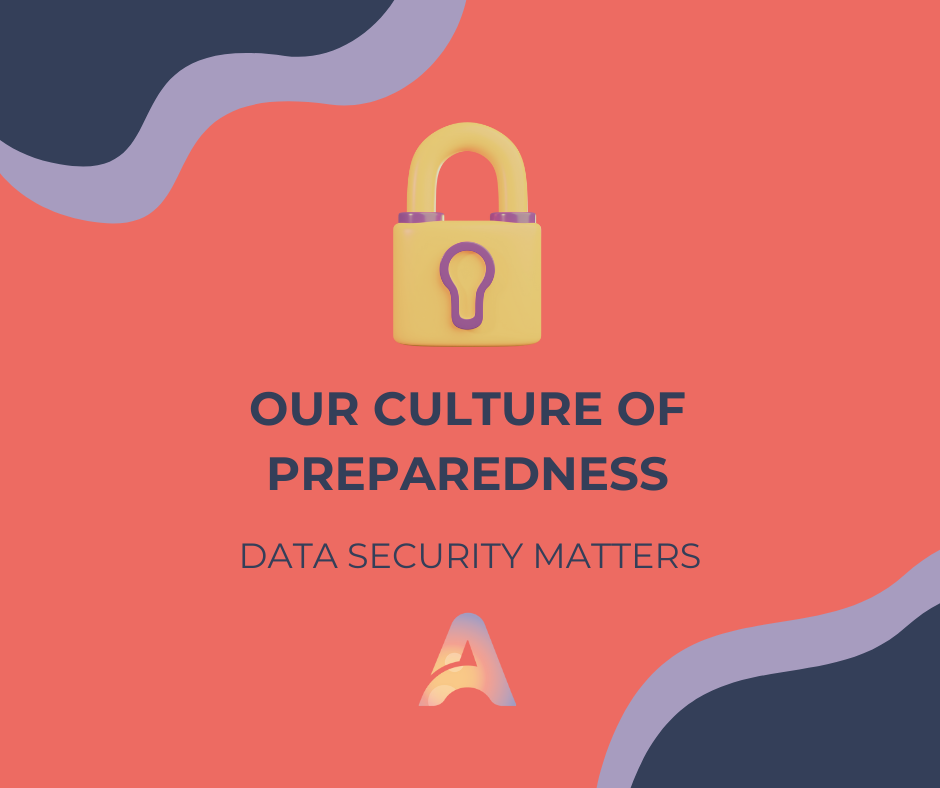How transparent is your current booking software provider about what they do to protect you?
Or maybe you are signing up to a booking system for the first time and worried about data security.
In recent years, hackers have learned how to work around existing security stacks to wreak havoc on databases. Not only this, but software teams might themselves be putting their own projects at huge risk by not following best practice.
It’s so important for organisations handling data to better detect threats and realign their practice towards protecting critical business assets and client data. Anytime Booking takes this subject seriously and has policies in place to maximise our threat detection and response efforts more effectively.
Just some of the things we do to protect you
- Analyse our risks on an ongoing basis and align our security strategy to avoid being ‘reactive’, in favour of being ‘proactive’
- Monitor traffic analytics to better understand any spikes and attacker behaviour
- Use Cloudflare to protect against injection threats to our database and improve site performance and loading times
- Follow CyberEssential Plus certification practice which means that we are rigorously tested by external cyber security experts who carry out vulnerability tests on our system
- Work under version control; this protects precious source code from both catastrophe and accidental degradation from human error. It also allows our developers to preserve efficiency and agility in writing new source code or changing existing code, while bringing complete traceability to the changes in the software
- Strictly control access to your data and follow GDPR policy
Some of the things you can do to protect your own data
- Create strong, secure passwords with letters, numbers and special characters ($umm3r#L*dgE!:)
- Avoid easy to use passwords like ‘password’, ‘12345’ or ‘123456789’ (these are the most common!)
- Don’t use your passwords on unsecure WiFi networks
- Don’t use duplicate passwords or the same passwords for work and personal activities online
- Don’t share your passwords with anyone else
- Use a secure password manager; don’t write passwords on paper
- Update your passwords regularly, like every 90 days
- Allow 2 factor identification (2FA) for added protection
If you are doing all of the above, you also need to make sure you are working with partners to complement and help you grow your business who are actively working on a ‘culture of preparedness’, like Anytime Booking.
We have the foundations in place for strong incident response. We are proactive defenders, not reactors. We are ahead of the risk curve and we make good decisions on how best to detect and lock down vulnerabilities and keep them from being exploited.
We look forward to welcoming you into our booking management environment and user community.

